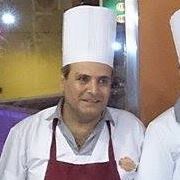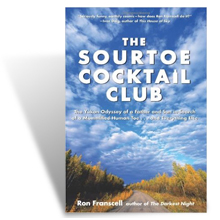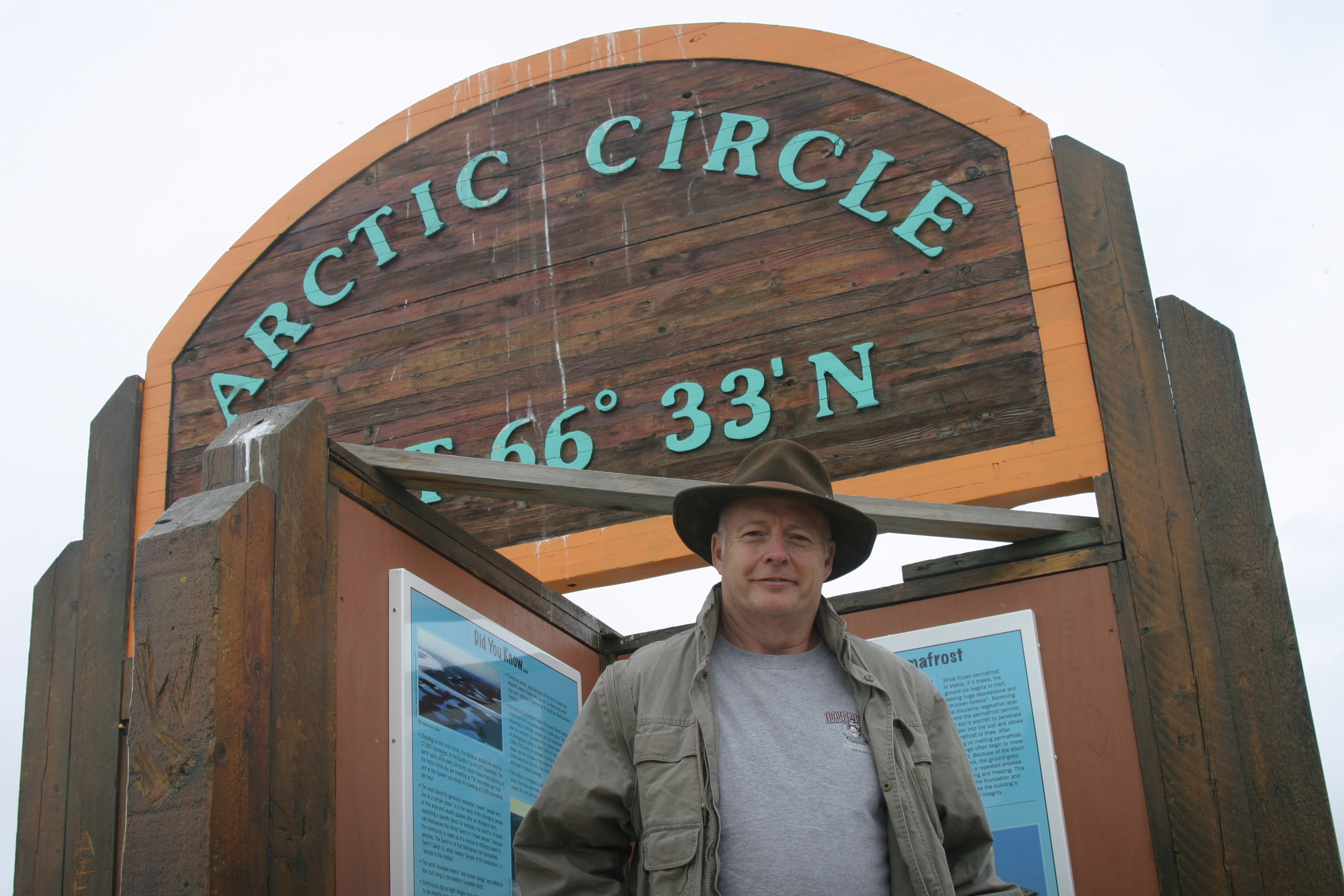As I write this, my birthday is still about 13 hours away, but my first birthday well-wish has arrived from the other side of the world. It comes from my friend Shoukry Henain, a Cairo chef I met on the street there just a few weeks after 9/11, and who plays a small but sublime role in my memoir SOURTOE COCKTAIL CLUB. Six years after we met, I was with my son in the Yukon, literally standing on the Arctic Circle, when I found a two-dollar coin in the dirt … a happy discovery that led to a memory of my friend in Egypt but added meaning to a strange, magical journey. Here’s an excerpt:
Someone must have dropped it, because a two-dollar wish seems extravagant. As I stoop to pick it up, I wonder how many wayward coins lie in the open ground, waiting to be found in this world. Would all the lost pennies on Earth matter at all? Would they make someone rich? If they were all found, would we hope less?
I unzip one of the twenty or so concealed pockets in my field jacket to keep this special toonie safe, but I find something else, from another time, another place, another life. I must have carried the note all over the Middle East, then home, where it hung safe and unremembered in closets for many years. Until now.
It is a handwritten note from a man I met in Cairo while reporting for the Denver Post there after the Sept. 11 attacks.
 His name was Shoukry, about my age, and he cooked in a pizza place on 26 July Corridore. When he discovered I was an American, he stood very close to me. “I am sorry for the happening in New York. Very sorry,” he murmured in his heavy Egyptian accent. He begged me to come to his pizzeria that night, where he cooked a pie as good as any I ever tasted, and we talked like two old friends about our families as I ate. He, too, had a son.
His name was Shoukry, about my age, and he cooked in a pizza place on 26 July Corridore. When he discovered I was an American, he stood very close to me. “I am sorry for the happening in New York. Very sorry,” he murmured in his heavy Egyptian accent. He begged me to come to his pizzeria that night, where he cooked a pie as good as any I ever tasted, and we talked like two old friends about our families as I ate. He, too, had a son.
When the time came to leave, Shoukry wouldn’t let me pay for my meal. Instead, on the grimy sidewalk outside his tidy little shop, with tears in his eyes, he handed me a folded scrap of paper and hugged me as tightly as any man has ever hugged me.
I walked back to the American hotel that night through the dark streets of Cairo, past the open-air shops where whole lambs hung from the eaves, headless, foreleg-less, sinewy. Along the polluted banks of the Nile, where river rats skittered over the riverbank rubble, scavenging for fish guts and garbage drifting from the heart of Africa toward the Mediterranean. Past the grottoes and maqhahs where the hubbly-bubbly sheesha boys smoked rose and peach and vanilla tobaccos in the shadows. My protective driver Mahmoud, a Bedouin who keeps his peace with Allah by feeding the stray dogs who lurk outside the hotel, would never have allowed me to walk these streets after dark in these unstill days less than a month after the World Trade Centers came tumbling down, but I had never felt more alive.
Later, sitting on my bed, I unfolded Shoukry’s brief note, but he had written it in Arabic. I took it down to the front desk and asked a handsome young Egyptian clerk in a jacket and tie to translate the backward squiggles. He glanced at it and smiled.
“Live far,” the young man interpreted, “God willing.”
I considered the poetry of it, this wish for a traveler to exist happily at a distance with God’s blessing.
“No, no, sorry, my English no good,” the clerk apologized abruptly. “Uh, this mean to live long. Long, no far. Sorry.”
And so, at this moment, in another latitude, a life’s distance and duration are again all tangled as I refold Shoukry’s note along its old creases and tuck it back into my hidden pocket with the serendipitous toonie.
It’s a slight and silly notion, maybe, that a good life is not just long but goes somewhere.
And that, plus two dollars from Heaven, will buy you the rest of your days.

